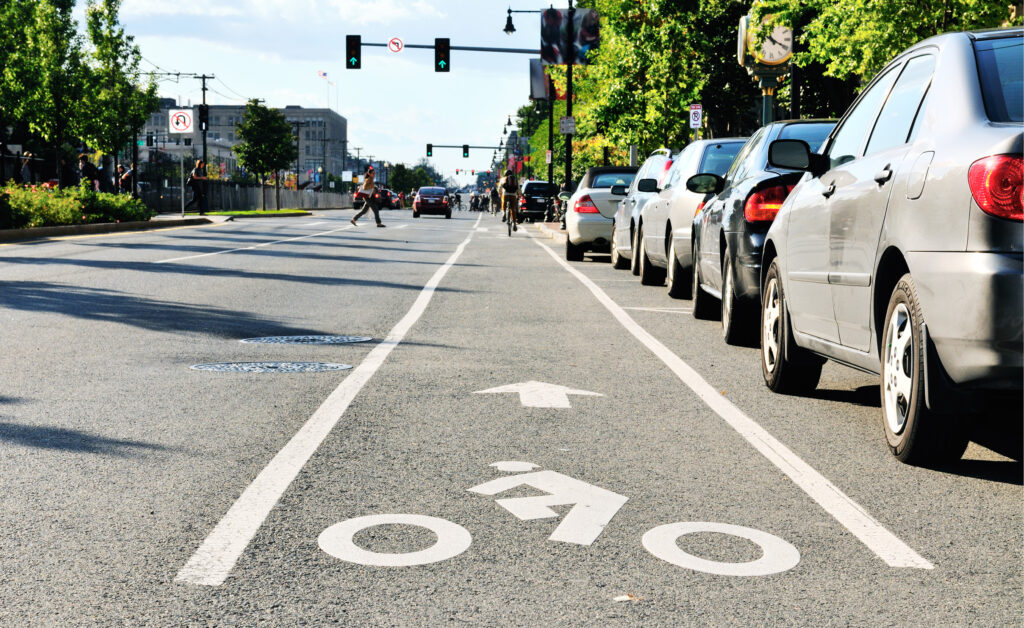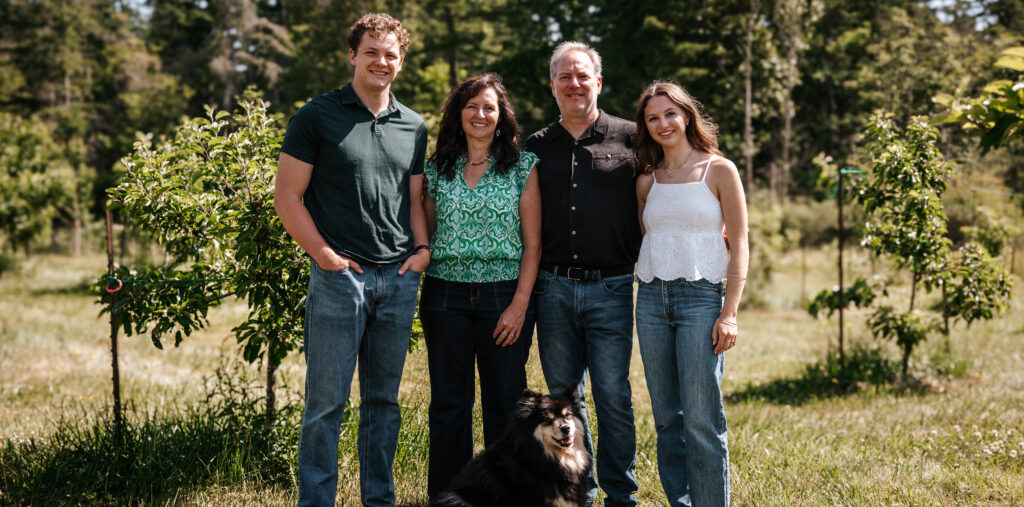by Doreen Marion Gee –
“At their core, the things we really like do not change over time. Putting your house in order is a great way to discover what they are,” reflects Marie Kondo in her best selling book The Life-Changing Magic of Tidying Up: The Japanese Art of Decluttering and Organizing.
The benefits of organizing one’s living space through reducing possessions go far beyond the simple pleasure of a clean home. Not only does it boost our health and well-being, but the act of tidying up clears our minds as well as our living space, allowing us to see what is important to us. Seniors may rediscover passions and interests that have long been hidden under a blanket of dust. Read on for some expert tips on how to make your world smaller and more fulfilling.
Under a shimmering sun, cherry blossoms burst forth in flashes of bold magenta and soft pink. Spring, the season of rebirth, is near. The time is ripe to let go of unneeded clutter as we clean up our living spaces and begin anew. After years of accumulating material things, seniors may want to downsize their possessions as an end in itself or in preparation for a move. Jane Dewing, owner of Changing Places since 2003, provides a compassionate “individualized” service specifically to seniors on lower Vancouver Island. “When I step in the door and see their environment, I am witnessing their past and present lives,” reflects the specialist in downsizing and relocation.
Comfort Life Retirement Living Guide suggests a valuable and effective strategy to jump-start this empowering process. They recommend that seniors organize and sort their belongings into five categories, depending on their destination: remaining with the senior; into storage; for donation; for sale; and to throw away. Jane’s most important piece of downsizing advice for seniors, whether they are doing it solo or with support, is to take it slow and easy. Her warning that “there is a danger of great disruption in their routine if you reorganize their environment too much” would also apply to elders who are downsizing alone. Her cautious approach to “dealing with all the stuff” is to start small “with a closet, a room less used, or themes that are easier to deal with. Then start extracting items, editing areas, and reviewing how that feels.”
For seniors cleaning up the clutter in their own homes, Jane recommends that they get into a moving mindset, even if that’s not the case, to give them the impetus they need to do the job. “They should pretend they are moving. Pick a closet and completely empty it. Then only put back the items that they would take with them to their new home’s closet.” If some closets contain items that are not wanted or used, donate them to charity.
When decluttering the kitchen, Jane recommends starting with the top cupboards where the least-used things are stored. Any unneeded items can go to charities or family members. Parting with treasured books can be very challenging. Happily, the downsizing maven has a surefire fix: “If you have four book shelves full of books, take out five easily-replaceable books a week and put in a box for charity. Try to get down to two book shelves.”
“Psychological studies have shown that clutter exacerbates anxiety, depression, and generally just makes us feel overwhelmed and stressed.”(www.mylifesite.net) In addition, “From dust and dust mites to pollen and mould, eliminating clutter and its associated contaminants can improve the air quality in your home.” A huge pay-off to seniors is enhanced physical and mental health. “They feel lighter” says Jane.
In her book, Marie Kondo concludes that “Our possessions very accurately relate the history of the decisions we have made in life.” In our senior years, tidying up our living space may lead to a better awareness of ourselves and what truly gives us joy.




